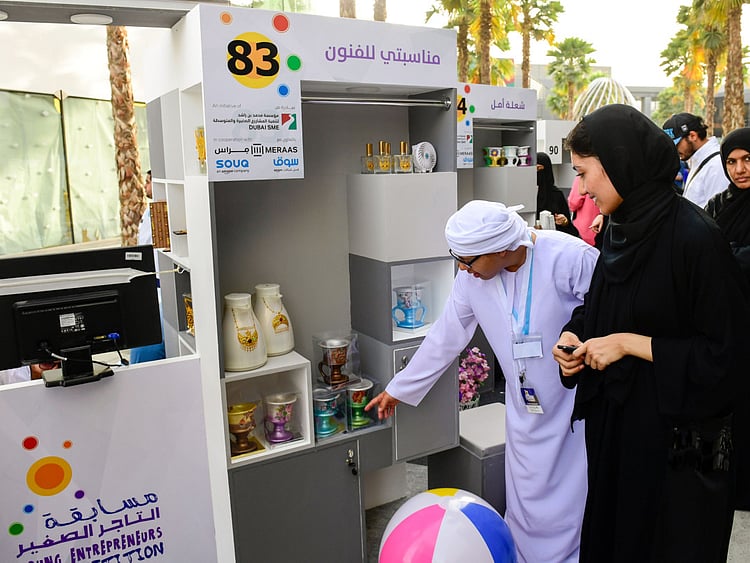SME strategy imperative for growth and job creation
Government needs to put in place a robust insolvency and bankruptcy regime for UAE firms

The UAE’s emphasis on economic diversification has led to the development of a strong non-oil economy, driven largely by small and medium-sized enterprises (SMEs). So it makes perfect sense for the government to work on a new industrial strategy for SMEs.
Around 95 per cent of the firms in the UAE are SMEs, and they employ 86 per cent of the total workforce in the non-oil private sector. The sector had been mostly resilient over the last three years as the country faced economic headwinds fanned by low oil prices. However, there have been some indications of financial stress in the sector, leading to a lower contribution to gross domestic product (GDP) growth and job creation in recent years.
The latest purchasing managers’ index (PMI) data for the UAE revealed that less than 3 per cent of private firms in the sector had reported a pick-up in hirings in January, despite output rebounding.
Finding cost-effective funding is a massive challenge for SMEs in the UAE. Funding available to the SME sector accounts for only about 5 per cent of total bank lending in the country and alternate mechanisms to improve the situation are still at a nascent stage.
While encouraging the banking sector to bump up funding to SMEs, authorities and regulators must also seek to work on strategies that will open market financing for the sector through angel funds, venture capital and private equity funds. The option of stock market listing, followed by secondary market trading of SME shares, must be considered, since that would allow small and mid-sized companies to list without the complex regulatory pre-conditions related to corporate governance and accounting.
SMEs need market access. They should be given a share of the purchases of government and government-related entities. One such initiative, the In-Country Value programme by the Abu Dhabi National Oil Company (Adnoc), aims to allocate gradually up to 40 per cent to local service providers — whether they are industrial or service companies. Adnoc has highlighted plans to spend Dh100 billion every year for the next five years.
The liquidity crunch and loan defaults that eventually resulted in a spike in non-performing loans from 2015 to 2017 were largely the result of a lack of appropriate mechanisms to address such situations. While concerted efforts are needed to improve the pace of innovation among SMEs, a comprehensive strategy also requires a robust insolvency and bankruptcy regime for companies in the UAE.
Sign up for the Daily Briefing
Get the latest news and updates straight to your inbox
Network Links
GN StoreDownload our app
© Al Nisr Publishing LLC 2026. All rights reserved.